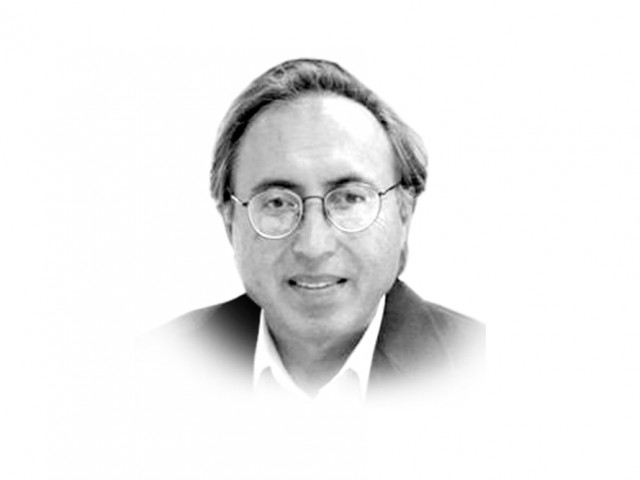
The question is, why is the future course of the country subject to such comments? Two things may answer this question. Firstly, the world community doesn’t appear to be satisfied with where we stand today. Secondly, Pakistan is an important country for the entire region and beyond. Whatever domestic, regional and international polices Pakistan may pursue could affect other countries.
Why should we pay attention to what other countries, notably the western powers, think about us? We live in an international world that has certain norms, values and practices and ways of judging how countries are progressing. Every aspect of national life is measured and a rank assigned. This is the way the image and reality of societies is portrayed today.
In the global community of nations, Pakistan doesn’t figure very well, and that has been the case for many years now. We cannot live in a state of denial anymore on the real challenges that we face. And they are so many, accumulated over a long period of time, but each successive government, so-called democratic and military have added more problems. Take for instance, the ranking of countries in three vital areas: Peace, development and governance. We are ranked the seventh most dangerous country in the world. We are one of the lowest in human development, within the South Asian region, and we are ranked as one of the most corrupt countries in the world.
On her recent fence-mending mission in Islamabad, Secretary Clinton said corruption is one of the biggest problems of Pakistan. These words truly echo what is in the hearts of many Pakistanis. Every layer of the bureaucracy and political class, from top to bottom, has a hand in corruption. There are always noble exceptions, but their ranks are shrinking and numbers insignificant. It is the poor state of rule of law, that breeds corruption because those who force citizens to pay bribes or plunder the national wealth, fear no law and ensure the law is either weak or it doesn’t operate to hold them accountable. In my opinion, there is a direct relationship between bad governance and political violence. Poverty, inequality, social underdevelopment and marginalisation are some of the factors that have turned a section of the society in way of the terrorists.
The whole world is telling us to reform and restructure the economy, law and society, according to the vision of our great founders. Otherwise, the future may not be different from the present.
Published in The Express Tribune, May 31st, 2011.
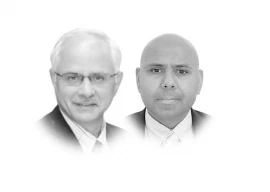






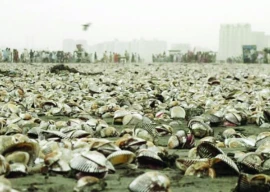


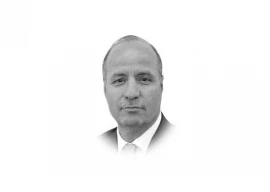


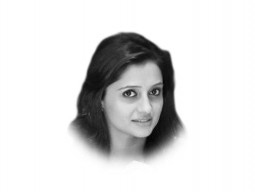
COMMENTS
Comments are moderated and generally will be posted if they are on-topic and not abusive.
For more information, please see our Comments FAQ